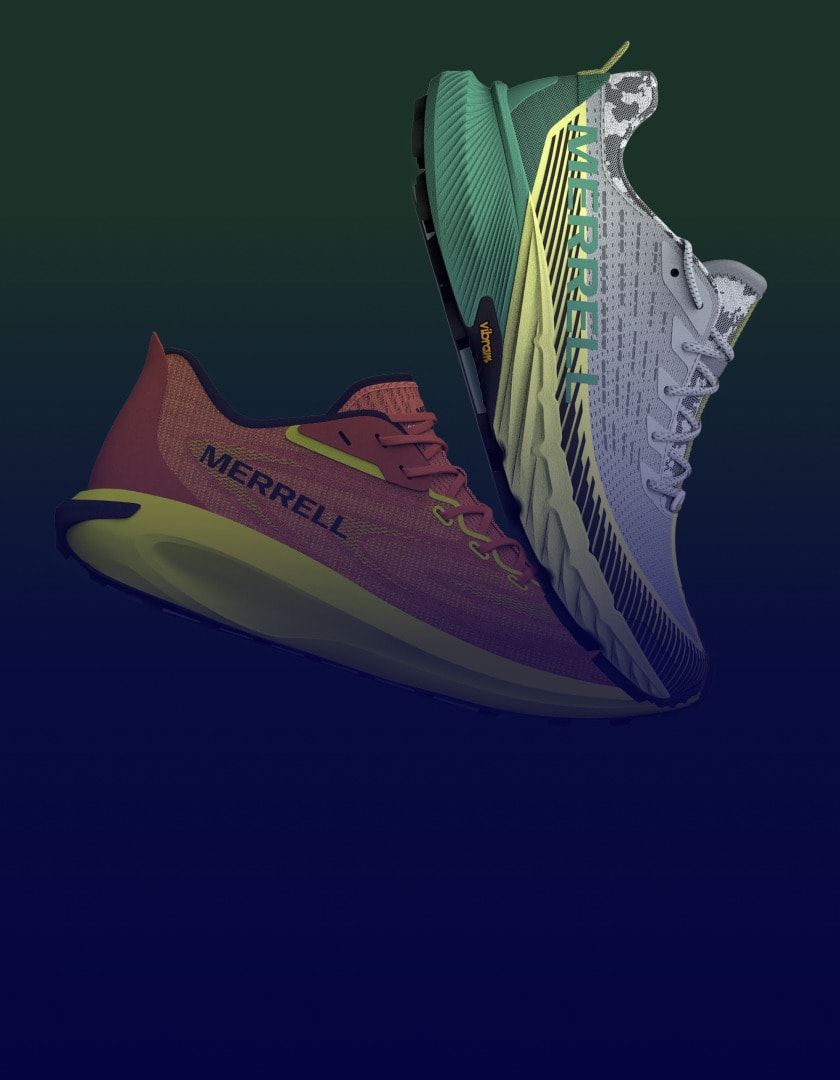It’s Good to be in the Bike Business
Founded in 1950 in Japan, PEARL iZUMi is focused on cycling gear, footwear and sustainable casual apparel. The world headquarters is located in Louisville, Colorado near Boulder. PEARL iZUMi states that it’s good to be in the bike business because bikes are good for people and the planet.
However, they want to make sure they do business the right way. Their social purpose is the belief that “the way we live today shapes how future generations ride, so we pledge to ride more and do more.” The materials used and the emissions created when manufacturing products directly affect “the places we all ride, and we’re committed to actively confronting climate change.”
PEARL iZUMi is very much on the forefront of sustainability and has set ambitious goals for themselves in a three-pronged approach:
1. 90% of products made from sustainable materials in 2022
2. Reduce packaging
3. Reach net positive carbon neutrality by 2025
Reducing Waste
The company would like to reduce overall waste. Samantha Svedlund, former Sr. Manager of Materials and Product Development, says, “When I first came to PEARL iZUMi, material was bought upfront. But with buy plan changes or quantity changes, the whole amount would not always be needed.
With the integration between Centric and our planning system, PEARL iZUMi got closer to market needs and was therefore able to communicate to the vendors more clearly what materials were needed month over month. So instead of just releasing a one-time out of the gate forecast and saying, ‘this is the amount we’re willing to buy for the season,’ the vendors get monthly updates. It gives them a heads-up to plan and prepare earlier. Wastage of material per season was cut back, which was a huge sustainability win.”
Sustainable Materials
PEARL iZUMi also wants to continue to develop sustainability reporting. Daniel Icaza, Systems Administrator says, “We’ve been doing a ton of work around tracking our carbon footprint, which our customers like REI truly appreciate. We’re starting to look into the Higg connection to understand how we can begin linking some of that reporting.”
PEARL iZUMi is on track to meet the goal of 90% of their products containing at least 50% recycled, renewable, or organic material by [the end of] 2022. The goal was set in 2018 when the company redeveloped the sustainable product criteria that is in use today. The focus is on sustainable apparel by examining oil consumption while still meeting business execution strategies. Together with reports produced in Centric and using the Higg Index, PEARL iZUMi can calculate oil usage at both a material level and at a product level.

A very robust materials properties page tracks detailed materials information. Kent says, “We can break it down into all the different levels for reporting purposes. We have the full list of all the materials that we’re currently using, divided into all the different sustainability aspects that we’re looking for. We can then pull that in to analyze where we stand as a company.” He goes on, “Thanks to Centric’s ability to separate out materials and details, we can track materials down to a garment level.”
Svedlund explains further, “PEARL iZUMi uses fiber level to track recycled content, organic content or natural fibers of any sort, and then uses tags for the type of sustainability it is—whether it is 50% or 80% recycled for example. Also, what type of topical chemicals are used for durable water resistance. Those and all of the characteristics can be tracked and sorted using different attributes within Centric, and pulled into one major view report.
You can then calculate the total consumption of materials for specific styles. This percentage is recycled polyester. That percentage is recycled nylon, etc.” Icaza adds, “We are working on these attributes right now for Spring 2023. Having everything categorized and accessible in PLM is fantastic. Yesterday, one of our senior operations managers asked me to pull a report that sorted styles and materials by sustainability tags. I was able to do it easily.
From a material sustainability perspective, we’re looking to use PLM to advise whether or not we’re going to be able to meet an eco-goal with the material.
”Reinforcing the eco-consciousness of PEARL iZUMi, Kent asserts, “So, a little bit more future thinking—instead of adopting a material and hope that it meets the criteria, we can set the goal from the beginning and track what inputs we need to hit, at a more detailed level. And anything that doesn’t pass, we scratch off the list or redevelop it for better sustainability. So again, those details that we now have access to, really inform that. We can specify a fabric that’s X amount recycled because it needs to meet a certain standard with a certain oil usage, and anything that doesn’t, we won’t use.”

Packaging Reduction
All packaging is tracked and captured in the BOMs. Sierra Klimesh, Product Developer says, “In Spring 22 we’ve introduced a roll and tie where instead of folding the garment, we roll and tie it with a little raffia, packing our garments into smaller poly bags. The polybags that are used, are recycled and recyclable. “We can pull reports to find out how many styles have the roll and tie just by searching for the raffia in the BOMs.
Eventually, some direct-to-consumer shipments should only have the raffia tie and no polybag. We’re looking to eventually eliminate polybags across the whole line, but there are some buyers and distributors that are just not at that point yet.” Another step the company has taken was to stop producing paper catalogs in 2017, saving on production energy and shipping.
Reaching Farther
PEARL iZUMi has declared they want to be net positive by 2025. Striving to reach carbon neutrality and looking to reduce emissions and impact by using less oil is their third sustainability goal. To that end, the company has launched the Pedal to ZeroTM campaign, encouraging people to choose cycling as transportation. The Spring 22 BikeStyle collection will indicate the number of miles needed to cycle instead of driving a car, to offset the carbon footprint of the product.
It gives the consumer the tools to understand how much oil usage it took to produce the garment that they are buying. Klimesh says, “It’s simple. The consumer sees that to neutralize the emissions created to produce this item, they need to ride 30 miles.” What could be clearer than that? Technology makes this possible and sets PEARL iZUMi up for continued success on their sustainability path
New to Centric PLM? Learn more
Centric AI Fashion Inspiration Learn more
What is Centric Planning? Learn more
Demand Planning Learn more
What is Centric Pricing & Inventory? Learn more
What is Centric Market Intelligence? Learn more
Centric Visual Boards Learn more
















